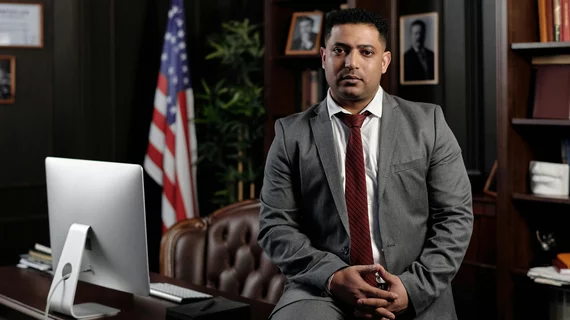Digital Transformation
This evolution of healthcare involves using technology to improve diagnosis, treatments, monitor patients, enhance hospital operations and culture, and bolster consumer-focused care. This includes virtual reality tools, wearable devices, workflow software, health apps and other digital health tools.
Displaying 1177 - 1184 of 1531




